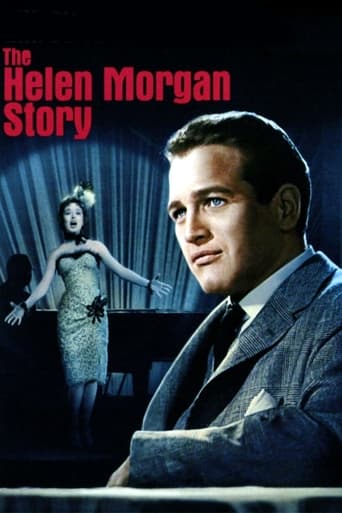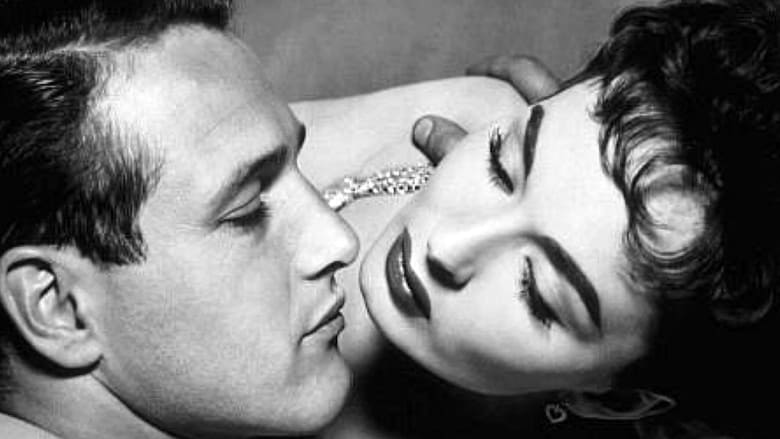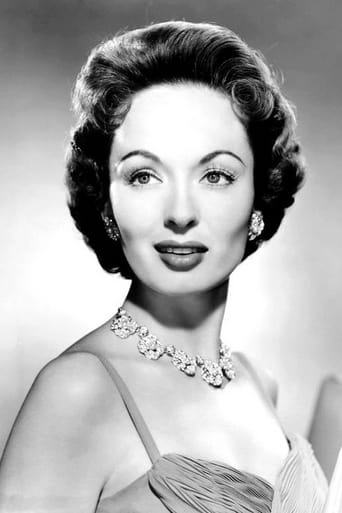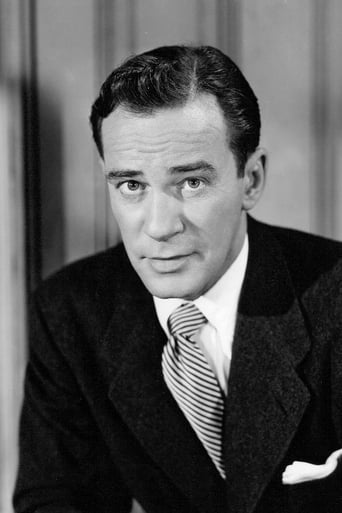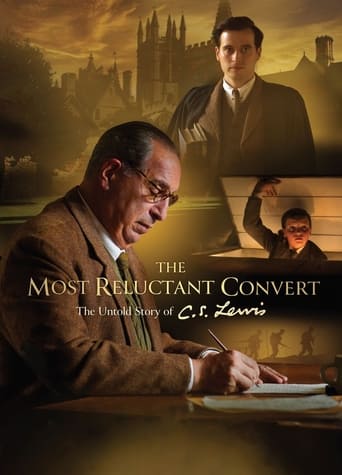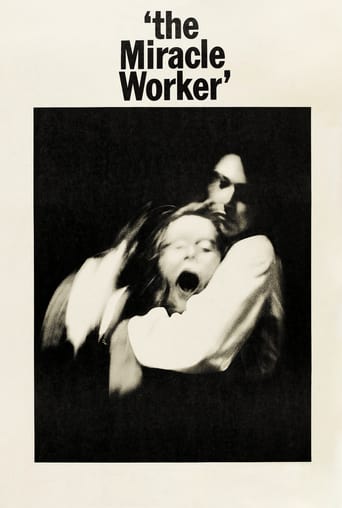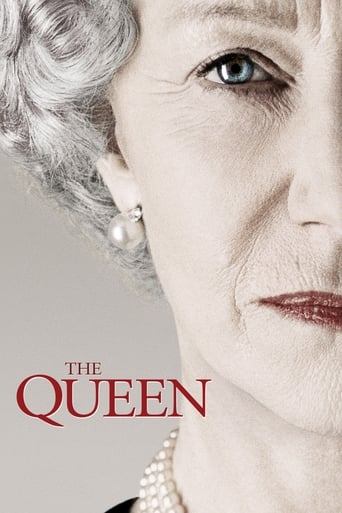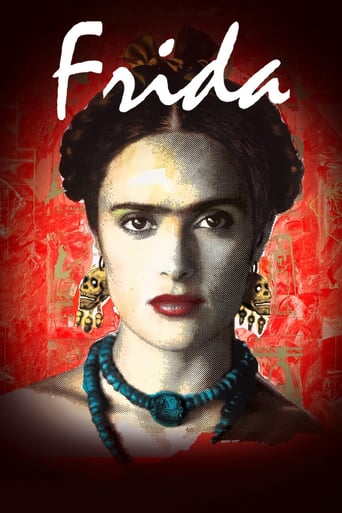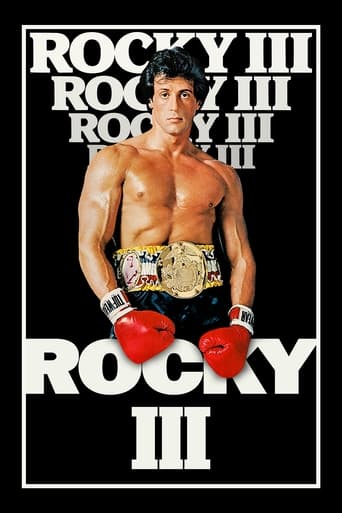The Helen Morgan Story (1957)
Torch singer Helen Morgan rises from sordid beginnings to fame and fortune only to lose it all to alcohol and poor personal choices.
Watch Trailer
Cast


Similar titles
Reviews
I don't have all the words right now but this film is a work of art.
Fantastic!
Although it has its amusing moments, in eneral the plot does not convince.
The movie's neither hopeful in contrived ways, nor hopeless in different contrived ways. Somehow it manages to be wonderful
Producer: Martin Rackin. Copyright 1957 by Warner Brothers Pictures Corporation. New York opening at the Astor 2 October 1957. U.S. release date: September 1957. U.K. release: 29 December 1957. Australian release: 12 June 1958. U.S. and Australian running time: 118 minutes. U.K. length: 8,914 feet (99 minutes). U.K. release title: BOTH ENDS OF THE CANDLE. SYNOPSIS: Singer takes to drink.NOTES: Warner Bros purchased the rights to Helen Morgan's story from her estate in 1942 — a year after her death. The title role was initially offered to Susan Hayward — to capitalize on her success in "I'll Cry Tomorrow" — but she turned it down. COMMENT: Despite its simple, melodramatic, "Love Me Or Leave Me" triangle framework, "The Helen Morgan Story" is not only unwound at a wonderful pace, but given such breadth that it introduces a whole host of interesting support characters and diverting scenes. True, Ann Blyth is not much of an actress. She never was. But it still comes as something of a shock to see such a poor performance here, considering that she responded so effectively to Curtiz's direction in "Mildred Pierce". Not only does she give little indication of Morgan's personality and charisma, she doesn't even look like her. Fortunately, all her singing chores are entrusted to Gogi Grant, a splendid vocalist who really gives the old Morgan standards a great run. The many welcome musical interludes are, for the most, simply staged, but marvelously effective. And what a great score! In the Cagney role, Paul Newman gives a smashing, hard-edged performance — right up to his last-minute change of heart (which is the least believable plot twist of all the unbelievable episodes the writers have managed to dream up). In fact, Newman's powerful portrayal of the embittered gangster ("I got a chest full of medals") brings what could have been a conventional, clichéd character to vibrant life. Newman projects a magnetism that makes both his portrait and Morgan's reaction to him utterly believable. (Compare Omar Sharif's tepid and lackluster interpretation of a similar nemesis in "Funny Girl"). By contrast, co-star Richard Carlson is weak as water (as usual), but Cara Williams — more attractively gowned and photographed than Blyth herself — and Alan King head an energetic and highly ingratiating support cast. Alas, Rudy Vallee appears only briefly (but enjoyably). In addition to numerous other incredible liberties that the script takes with Morgan's "life", insult is added to injury when no mention whatever is made of the star's Hollywood fling in such films as "Applause", "Roadhouse Nights", "Sweet Music", "Go Into Your Dance" and "Show Boat". In fact the "story" ends with a spurious, happy re- union stolen from "The Joker Is Wild".But what does truth matter? When the songs, the lighting, the director's firm control and occasional inventiveness (Curtiz just loves to work with a mammoth budget), the crowd and street scenes are so marvelous. The number and variety of sets, their depth, the vast number of extras, Curtiz's tight CinemaScope compositions, all overwhelm us with a fabulous sense of period. Above all, Ted McCord's superb black-and-white cinematography (some of the outdoor, Depression shots have the look and texture of Steiglitz photographs) entrances the senses with its wondrous lighting. Always most attractive just to look at, "The Helen Morgan Story" is a terrific example of Hollywood craftsmanship at its best. It's a shame it wasn't appreciated for the gem it is at the time of its original release. Most critics homed in on the fictitious story line, dismissed Blyth's impersonation, and let it go at that. I say, never mind the flaws. Judge the movie as entertainment. Is the story interesting, is the acting engaging, are the songs and singers absolutely captivating? My answer is yes, yes, yes!
(Plot) An aspiring singer named Helen Morgan achieves stardom, only to have it snatched away from her due to poor decisions in her love life, and constant alcohol abuse. I knew nothing about Helen Morgan going in. The only reason I decided to watch this movie, is because of Paul Newman's presence. I'm a huge Paul Newman fan. This is one of his first roles. The movie is a rather drab and joyless experience, for almost two hours or so. I'm sure the real Helen Morgan was a fascinating person, with many issues that were sympathetic, but Ann Blyth's portrayal of her is simply boring. This movie does a very poor job telling her story. Her love story with Larry Maddux (Paul Newman) seems quickly thrown together without proper thought, and shows contempt for its audience. I got quite annoyed with the on and off relationship between Blyth & Paul Newman. She's also somewhat of a home- wrecker. She falls for a married man named Russell Wade (Richard Carlson) Its tough to empathize with a person like that, even though she seemed to be good hearted. From what I've read, they depicted Helen Morgan correctly. Her alcoholism is shown in decent detail, but it's far from vivid like it's trying to be. It might be cruel of me to say, but I didn't give a damn anymore about Helen Morgan after about the 50 minute mark. I was simply waiting for this mess to end. *SPOILERS* If you don't wish to be spoiled, don't read any further!After doing some research, I found out the happy ending was completely fabricated. The real Helen Morgan died at the age of 41, when she collapsed on a stage while performing. She died due to years of alcohol abuse. The ending of the movie heavily implies that Helen Morgan has turned her life around. I think it's a bit of a slap to the face of the real Helen Morgan. Final Thoughts: Leave this in obscurity where it belongs. As good as Paul Newman is, I don't have many good things to say about this movie. Look elsewhere for info on Helen Morgan. This mediocre biopic isn't it4.2/10
This is as if one of the Lilliputians had been tapped by Hollywood to top-line The Lemuel Gulliver Story. If that doesn't fly how about Tab Hunter in The Frank Sinatra Story. Th't how ludicrous it is to cast Ann Blyh, a minor talent at best, as a charismatic star of the 20s and 30s. You can see the thinking. Morgan's hey day was the 20s and 30s and by 1941 she was dead, the handful of films she played in weren't being shown on TV so who - of the Hollywood target audience, approx 15 to 25 - is going to say THAT'S not Morgan. By far the best thing about it is the score, as loaded with standards as MGM's Love Me Or Leave Me two years earlier, another tale of a real life singer of the 20s and 30s done wrong by a gangster. Thing is Doris Day was far more credible than Blyth and has a better voice than Gogi Grant. Alan King is effective in support but this isn't a keeper.
If for no other reason, the movie is memorable for the great vocals by Gogi Grant. It has its inconsistencies, such as Helen Morgan wears the same 5 inch stillettos throughout the movie. Were they even available in the 1930s? Go past that and this makes a great tearjerker, or a "rainy-day stay in the house and curl up on the couch" movie. Today, I'd say it would be reated PG-14.

